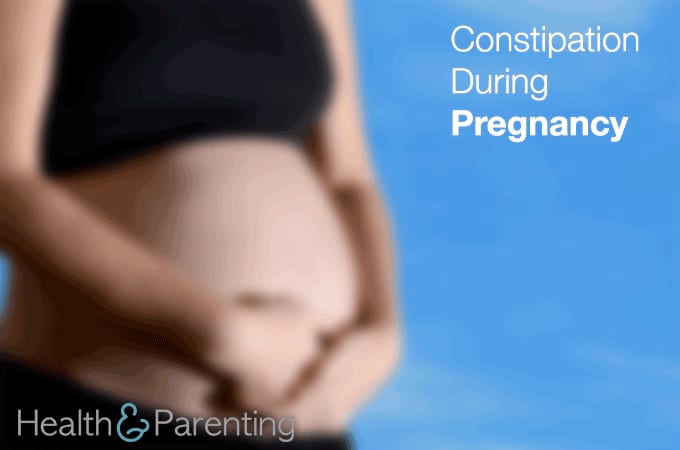Constipation causes difficulty when passing stools. You may notice you are passing stools less often, or simply being less effective when you do. If you are suffering from constipation, you may notice that your stools are:
- dry and lumpy
- abnormally large
- abnormally small
You may also notice the following symptoms:
- bloating
- stomach ache and/or cramps
- nausea
- loss of appetite
What causes constipation during pregnancy?
During early pregnancy, hormonal changes make you more susceptible to constipation. As your body begins to nourish a developing baby, your digestive system slows down to allow your body to absorb as many nutrients as possible from the food you eat. This slow and sluggish digestive system can lead to constipation. As the pregnancy progresses, your growing uterus will put pressure on your digestive system, which could cause constipation.
How to avoid constipation during pregnancy
Try the following tips to reduce your chances of suffering from constipation:
- Increase your fibre intake – make sure you eat plenty of fresh fruit and vegetables, legumes, nuts, seeds dried fruits, and whole-grain cereals and breads.
- Reduce your intake of refined foods – far from helping you avoid it, some foods can actually increase your likelihood of suffering from constipation. Refined foods such as white bread and white rice can add to your problems, as can a high intake of red meat or dairy products.
- Stay hydrated – during pregnancy you need to drink at least two extra glasses of water a day. Dehydration can cause constipation, so it’s important to make sure you are drinking enough water.
- Eat little and often – gorging on big meals can lead to a back up in your digestive system. Instead, try to eat six smaller meals each day, this may help to relieve constipation.
- Keep exercising – light exercise can help to get things moving, so try to exercise at least a few times each week. Swimming, yoga and walking are all great exercises during pregnancy, and can help you to stay fit and healthy as you prepare for the birth.
- Supplement carefully – some iron supplements may cause constipation. If you are taking iron supplements, speak to your doctor about trying another brand.
When to call your healthcare provider
If you have tried all of the above, and still can’t go, it might be time to give your healthcare provider a call. Your healthcare provider will be able to advise you on safe treatments for constipation during pregnancy. Your doctor may advise laxatives, although only certain types are suitable for pregnant women so you must seek medical advice before taking these.
Do you have any tips to help readers suffering from constipation?
Written by Fiona (@Fiona_Peacock), mother, writer and lover of all things baby related.
This information is not intended to replace the advice of a trained medical doctor. Health & Parenting Ltd disclaims any liability for the decisions you make based on this information, which is provided to you on a general information basis only and not as a substitute for personalized medical advice. All contents copyright © Health & Parenting Ltd 2018. All rights reserved.










